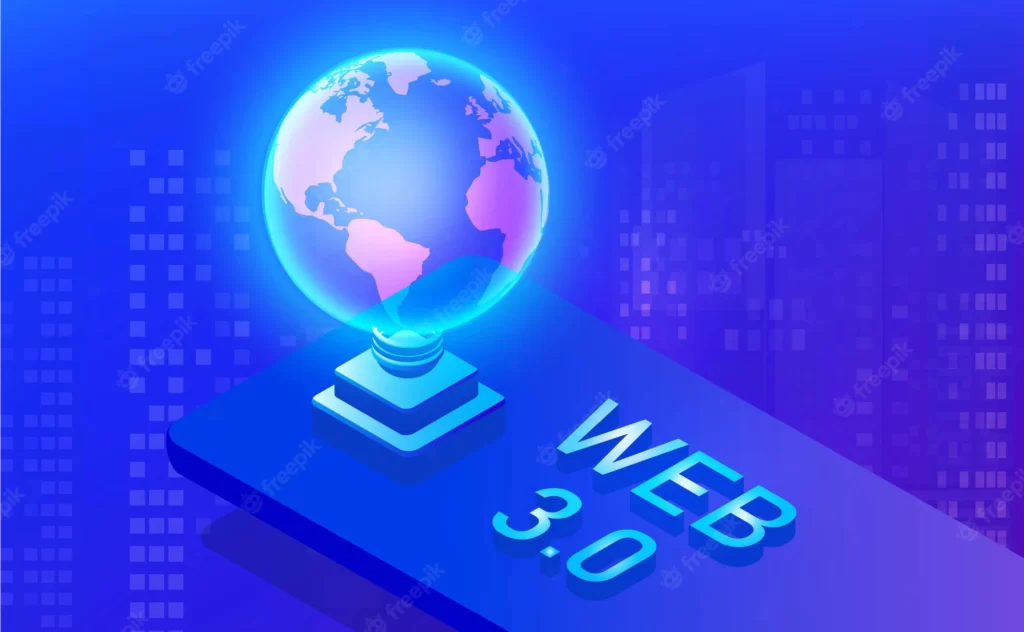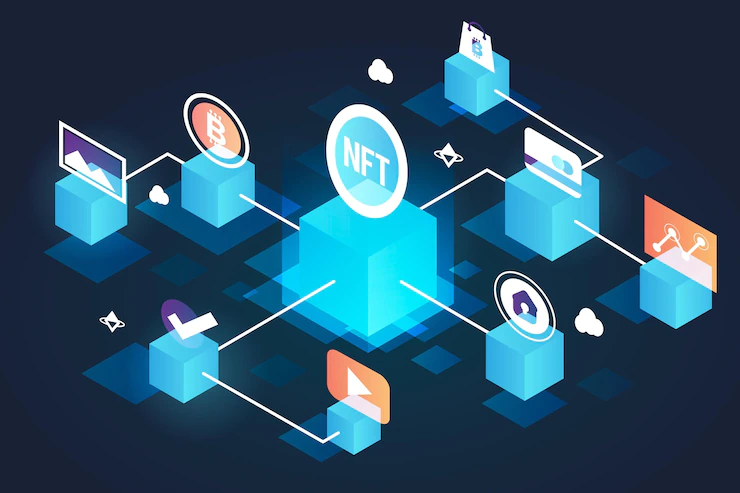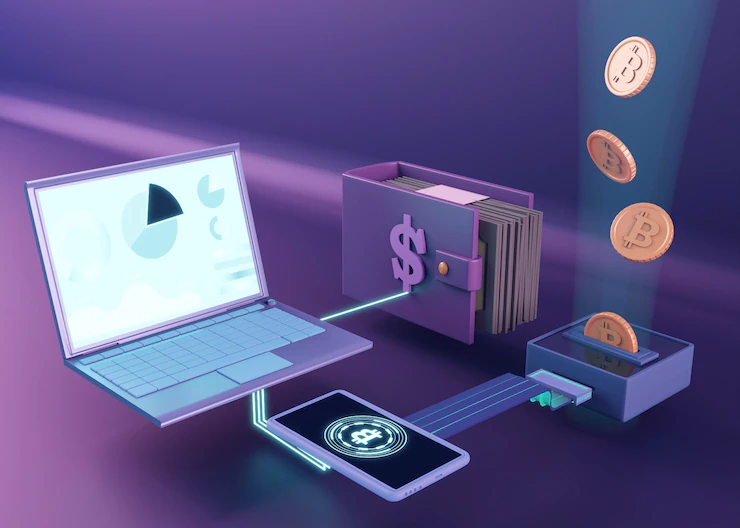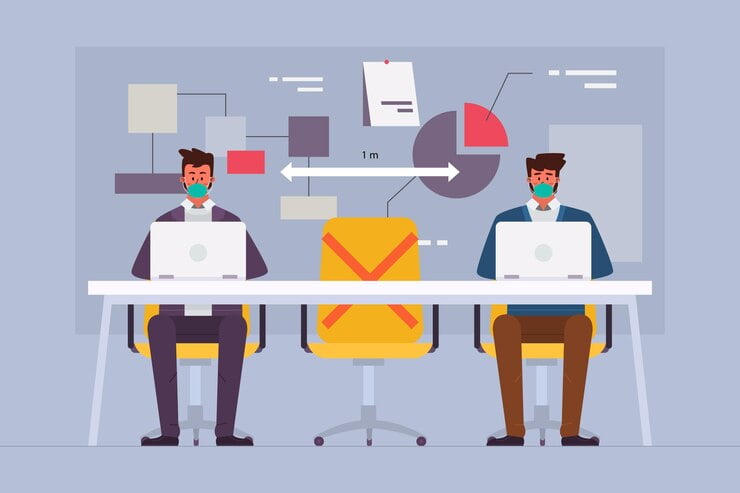The World Wide Web, or simply the “web,” has undergone several evolutions since its creation in 1989. While the current state of the web, known as Web 2.0, has brought about significant changes in the way we interact and consume information online, the next evolution of the web, known as Web 3.0, promises to bring even more benefits and opportunities. In this blog post, we will explore the main benefits of Web 3.0 and discuss how it will change the way we use the web.
Personalization and Interactivity
One of the main benefits of Web 3.0 is the increased level of personalization and interactivity. With the use of technologies such as Artificial Intelligence (AI) and machine learning, Web 3.0 will be able to understand user behavior and preferences, providing personalized recommendations and content. This will make the web more intuitive and responsive to the user’s needs and preferences. Additionally, Web 3.0 will allow for more immersive and interactive experiences, such as virtual and augmented reality, which will change the way we consume and create content.
Decentralization
Another key benefit of Web 3.0 is the decentralization of the web. Web 2.0 platforms are centralized, which means that a small number of companies control the majority of the data and information. Web 3.0, on the other hand, aims to be decentralized, using blockchain technology to distribute data and information across a network of users. This will make the web more secure and resistant to censorship and control, giving users more control over their data and providing new opportunities for businesses.
Automation
Web 3.0 will also introduce a new level of automation in the web. With the advancements in AI and machine learning, Web 3.0 will be able to understand and process information in a way that is similar to human understanding. This will make the web more efficient and will lead to new opportunities for automation and personalization. For instance, AI-driven chatbots will be able to assist users in real-time, providing personalized customer service and support. This will increase productivity and efficiency, and it will open up new opportunities for businesses to automate repetitive tasks and focus on more strategic activities.
Security and Privacy
With the introduction of blockchain technology, Web 3.0 will offer a more secure and transparent web. Blockchain technology will enable secure and transparent transactions, providing a new level of security for users’ personal data. Additionally, with the decentralization of the web, users will have more control over their data, and they will be able to choose how and with whom they share it.
New use cases and business models
The introduction of blockchain technology, AI and machine learning, and natural language processing will enable new use cases and business models that were not possible with Web 2.0. For example, self-sovereign identity, smart contracts, and decentralized apps (dApps) will enable new use cases such as decentralized marketplaces, prediction markets, and digital identity management. These new use cases will foster innovation and they will open up new business opportunities.
In conclusion, Web 3.0 brings about many benefits that will change the way we use the web. Personalization and interactivity will make the web more intuitive and responsive to the user’s needs and preferences. Decentralization will make the web more secure and resistant to censorship and control. Automation will increase productivity and efficiency and will open up new opportunities for businesses. Security and Privacy will be enhanced by the use of blockchain technology, giving users more control over their data. Lastly, new use cases and business models will foster innovation and open up new opportunities for businesses. The shift towards Web 3.0 will bring about a more personalized, interactive, secure, and efficient web for everyone.




